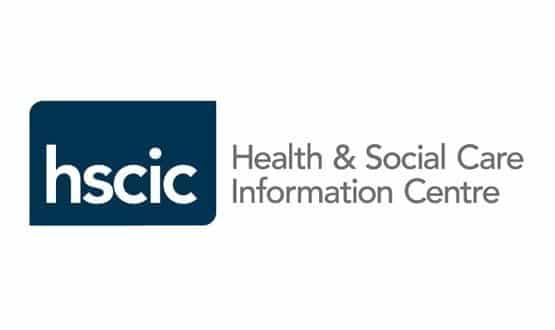The care.data programme to extract and link large amounts of primary and secondary data has been approved by an Independent Advisory Group.
The British Medical Association is now working on guidance for GPs on how it can be implemented.
The General Practice Extraction Service IAG discussed an updated customer requirement for NHS England’s care.data programme at a 27 March meeting and recommended by majority vote that the requirement proceed to extraction.
Some clinicians and privacy experts had expressed concern that patients would not be able to opt-out of the new extract.
An updated information governance assessment says patients will be able to make a “reasonable objection” to their data being shared.
Care.data is designed to capture and link data from primary and secondary care to increase transparency and improve patient outcomes.
The monthly extract will be done via GPES and is based on four groups of data; patient demographics, events, referrals and prescriptions. Sensitive data will be excluded.
The IAG met to consider the programme on 14 February and approved it with some recommendations. NHS England resubmitted its proposal documents and the programme can now proceed to extraction.
One of the recommendations was that the dataset and list of excluded codes should be discussed with relevant clinical informatics expert groups.
The new IG assessment says: “In order to only extract relevant (and not excessive) information, considerable effort has been made to identify the clinical codes that are relevant to commissioning, excluding irrelevant codes and those expected to be of poor quality and thus unreliable.
“This has involved a detailed analysis of the dataset and codes by the HSCIC, including by the national clinical lead for primary care. In addition, the codes are being considered by a subgroup of the Joint GP IT Committee,” it says.
The IAG also said a clearer explanation and justification should be provided for the data required.
The customer requirement summary for the programme describes six aims of care.data: to support patient choice; to advance customer services; to promote greater transparency; to improve outcomes; to increase accountability; and to drive economic growth.
It adds that the programme will not be requesting any free text or retrospective data prior to 1 April 2013.
The IG assessment says GPs must comply with this request, however the GPES IG principles state that practices must give explicit consent for identifiable data to be extracted.
“Where practices do not wish to use GPES for the extraction, they can agree an alternative method of providing the required data, but it must be acceptable to the HSCIC,” it says.
Primary and secondary care records will be matched using four identifiers; NHS number, date of birth, gender and postcode.
Anonymised data will then be made available to commissioners and organisations supporting commissioners via standard aggregate reports or record-level extracts that are pseudonymised.
“Other users than commissioners – for example patients and the public, private companies – will only have access to standard anonymised aggregate information which will be published,” the assessment adds.
The customer requirement summary says people have a right to make reasonable objections to the disclosure of personal confidential data.
To do this, they must be given as much information about how their data will be used outside of direct care as is practicable via websites and other publicity materials.
If the objection is upheld and the patient does not want any confidential data flowing to the HSCIC, the practice must not pass it on.
If the patient is happy for their personal confidential data to flow to the HSCIC, but does not want their personal data to be disclosed, the provider notes the objection with a ‘flag’ on the patient’s record.
A BMA spokesperson said: “We are content that the IAG recommendations from the February meeting – and in particular the agreement that patients can reasonably object to their data being extracted – have been taken on board.
“This was a fundamental principal which the BMA negotiated with others including NHS England.
“Representatives of the Joint GP IT Committee also reviewed the dataset and were satisfied that it was appropriate for commissioning. We are now working on guidance for GPs on how this can be implemented.”

